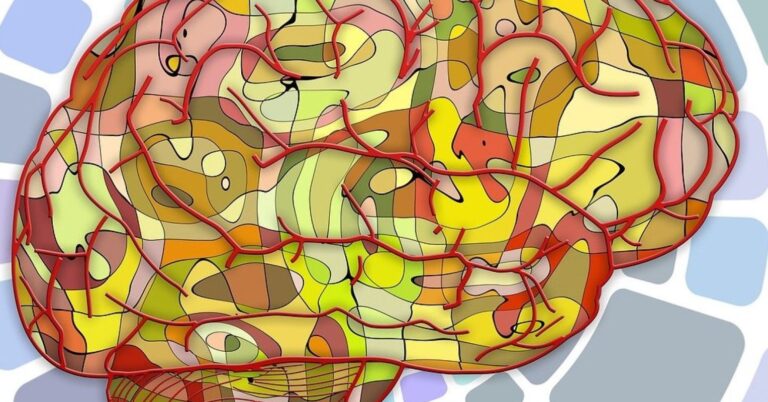
Source: Courtesy of Kelly Bulkeley
For many people, dreaming is a valuable source of spiritual guidance, like an inner teacher dedicated to their ultimate health and wholeness.
Yet, for other people with active spiritual interests, dreaming plays no role in their lives. This is not necessarily bad—everyone has their path to follow, and dreams don’t always factor into the journey.
But it would be different if someone were avoiding dreaming as a resource because of beliefs or assumptions that are inaccurate. Current psychological research can help to clarify these points and thus open the way to a greater appreciation of these profound spiritual potentials of our dreaming minds.
Distractions
Many forms of spirituality today aim to help people calm their minds and focus their attention. If the goal is to eliminate all distractions and find a peaceful center, then the bizarre, melodramatic perplexities of dreaming might seem like something that should be eliminated if possible. In this view, dreams are confusing at best and emotionally upsetting at worst, and the safest spiritual path would just be to ignore them.
Such an attitude may seem sensible, but it does not hold up in light of current scientific findings showing that dreams accurately reflect our most important concerns, activities, and passions in waking life. Using simple quantitative analysis tools, researchers including G. William Domhoff, Inge Strauch, and Michael Schredl have found that what seems like nonsense in dreaming may represent an honest portrait of who we are, what matters to us, what we fear, and what we desire.
That doesn’t sound like a spiritual distraction. It sounds like a powerful resource for self-knowledge and emotional awareness.
Nor is it a difficult resource to access. New digital tools for dream journaling and analysis make it remarkably easy to explore this level of meaning in dreams. Whatever weird or upsetting contents dreams may have, their power as an honest mirror of psychological truth makes them a valuable ally for any spiritual practice.
The Lower Self
Even if some level of meaning is granted to dreaming, it might still seem like a spiritual distraction because the meaning relates to the “lower self.” Dreams draw you down into the trivial concerns of your mundane ego and its fears, desires, attachments, and entanglements. True spiritual development in this view requires trying to rise above the petty dramas of dreaming so your higher self can emerge.
Many dreams do revolve around the ordinary problems of everyday life, with the scattered, flitting attention that Buddhists call “monkey mind.” But if that is the only way you think about dreams, you may overlook two potential spiritual values that are readily available within your dreaming experience.
The first is the rare but significant occurrence of what psychologist C.G. Jung termed “big dreams.” While most dreams are relatively mundane and easily forgotten, a few burst into long-term memory with hyper-vivid images, intense emotions, extraordinary characters, or otherworldly settings.
These are the kinds of dreams that Jung found to have the most important relevance to the individual’s psychological growth and spiritual development. Since Jung, many psychologists (e.g., Harry Hunt, Roger Knudson, Don Kuiken, Kate Adams) have also investigated the experiential effects of highly intensified and impactful dreams.
Even if you ignore your dreams regularly, it may be worthwhile to consider the two or three most memorable dreams of your life, whether they occurred recently or back in childhood. Big dreams can be very strange, much stranger than ordinary “little” dreams, so take your time to reflect on their meanings.
As you do so, you may find that your big dreams reveal surprising psychological insights directly relevant to your spiritual practices.
The second thing to consider is the benefits of keeping a long-term dream journal, which psychologists from Jung onward have recognized as an excellent source of personal and scientific insight. (G. William Domhoff and Adam Schneider’s dreambank.net offers good evidence on this point.) The benefits of a dream journal do not depend on any special interpretations, nor do they require an abundance of spectacular big dreams.
Simply keeping a record of your dreams over time can become a spiritual practice, a kind of ongoing contemplative dialogue with the dreaming powers of your psyche. Many people who keep a dream journal do so for precisely this reason: to enhance their sense of spiritual vitality in life.
Within the open-ended dialogue of the dream journal, the language of “higher” and “lower” selves recedes, and what emerges in its place is a process of integrating your whole self as you grow into the fullness of your human potentiality.




















+ There are no comments
Add yours